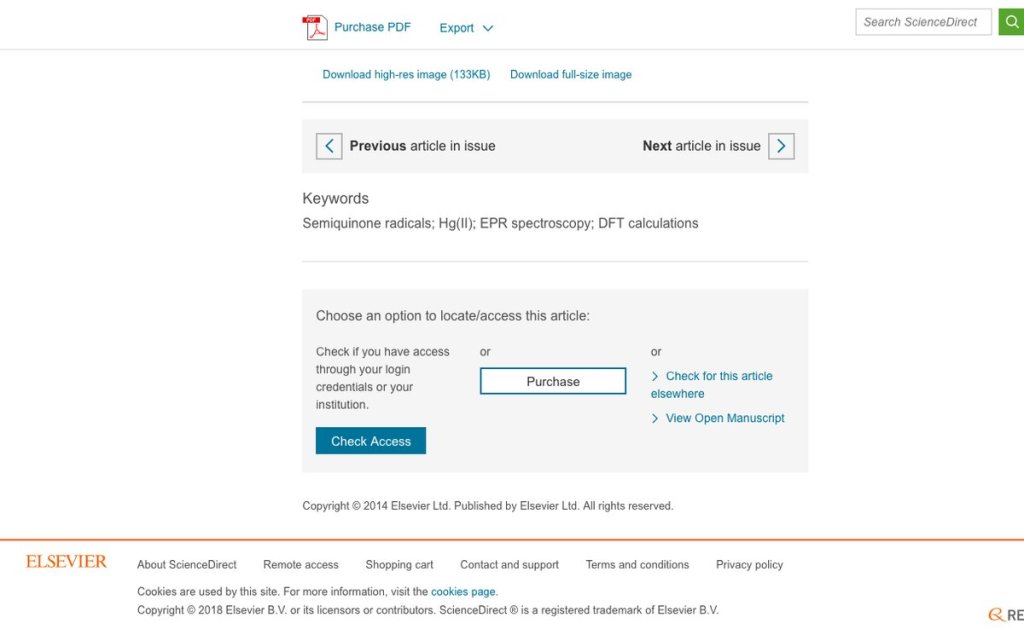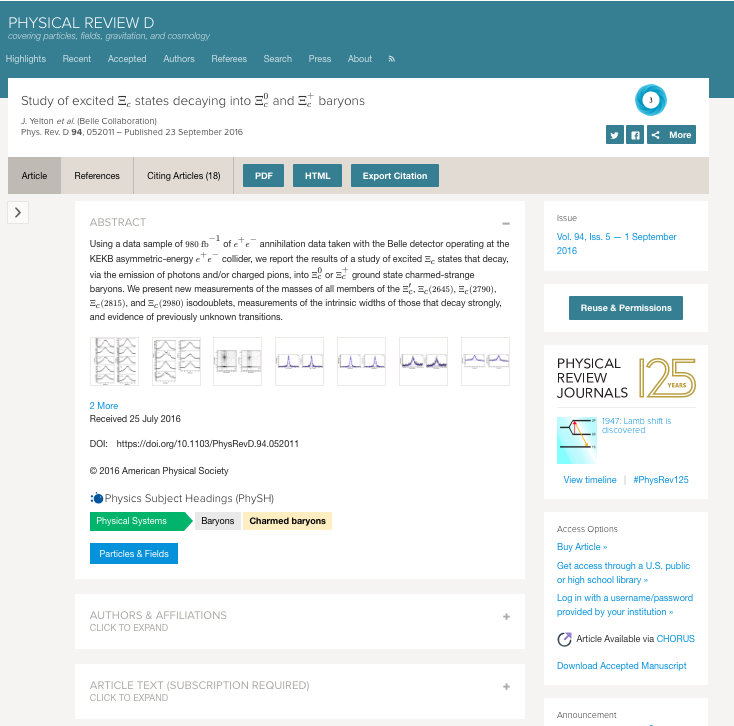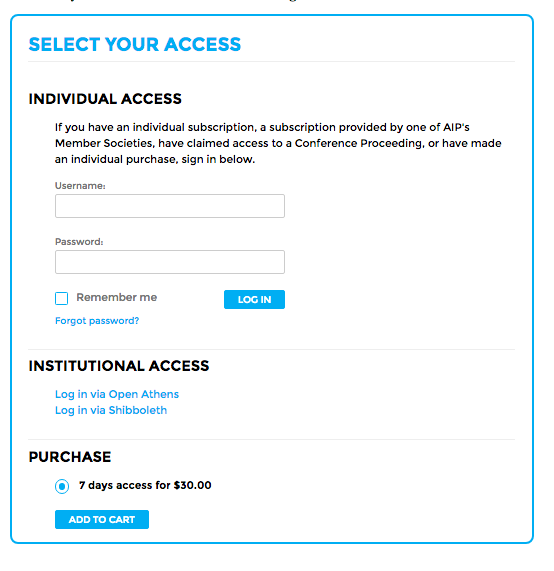We’re hiring our first developer! Until now all the code behind Unpaywall, Impactstory Profiles, Depsy, and everything else we’ve done has been written by Jason (mostly frontend) and me (mostly backend) (with design of both parts done by us together).
But it is getting to be more than we can do ourselves, and we have money to hire, so we are really excited to expand the team!
Job ad is on the Impactstory blog, reposted here to make it easy. Help spread the word so we can find the perfect person and they can find us :)
ABOUT US
We’re building tools to bring about an open science revolution.
Impactstory began life as a hackathon project. As the hackathon ended, a few of us migrated into the hotel hallway to continue working, completing the prototype as the hotel started waking up for breakfast. Months of spare-time development followed, then funding. That was five years ago — we’ve got the same excitement for Impactstory today.
We’ve also got great momentum. The scientific journal Nature recently profiled our main product: “Unpaywall has become indispensable to many academics, and tie-ins with established scientific search engines could broaden its reach.” We’re making solid revenue, and it’s time to expand our team.
We’re passionate about open science, and we run our non-profit company openly too. All of our code is open source, we make our data as open as possible, and we post our grant proposals so that everyone can see both our successful and our unsuccessful ones. We try to be the change we want to see 🙂
ABOUT THE POSITION
The position is lead dev for Unpaywall, our index of all the free-to-read scholarly papers in the world. Because Unpaywall is surfacing millions of formerly inaccessible open-access scientific papers, it’s growing very quickly, both in terms of usage and revenue. We think it’s a really transformative piece of infrastructure that will enable entire new classes of tools to improve science communication. As a nonprofit, that’s our aim.
We’re looking for someone to take the lead on the tech parts of Unpaywall. You should know some Python and be familiar with relational databases (we use PostgreSQL) and have plenty of experience programming. But more importantly, we’re looking for someone who is smart, dedicated, and gets things done! As an early team member you will play a key role in the company as we grow.
The position is remote, with flexible working hours, and plenty of vacation time. We are a small team so tell us what benefits are important to you and we’ll make them happen.
OUR TEAM
We’re at about a million dollars of revenue (grants and earned income) with just two employees: the two co-founders. We value kindness, honesty, grit, and smarts. We’re taking our time on this hire, holding out for just the right person.
HOW TO APPLY
Sound like you? Please email your resume, GitHub, and any work you’re particularly proud of to team@impactstory.org and we’ll get back to you.




